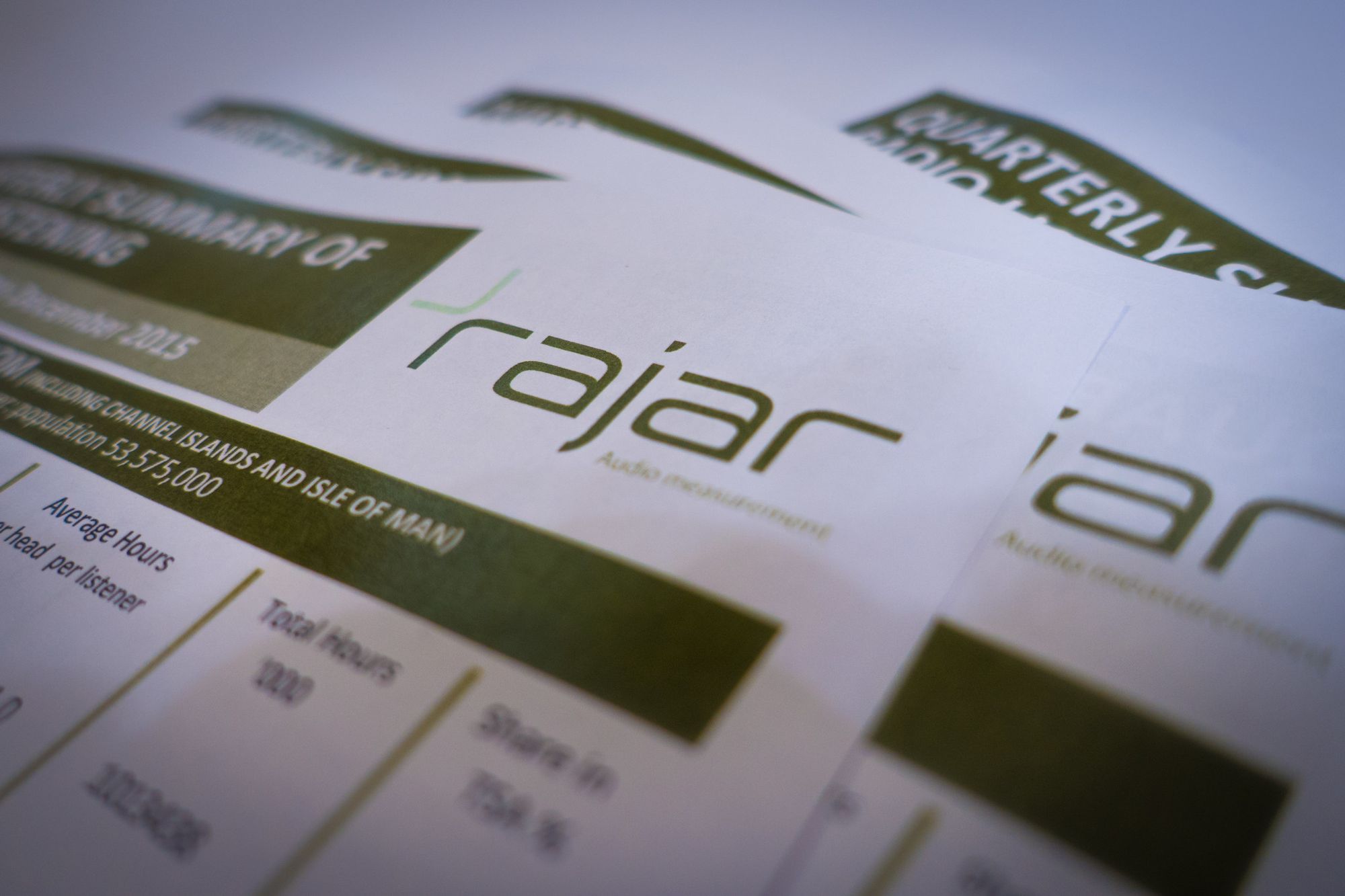Introduction:
In the world of radio broadcasting, sponsors play a crucial role in supporting stations and programs financially. However, securing sponsorship requires more than just reaching out to potential sponsors; it involves crafting an effective radio pitch that captures their attention and convinces them of the value they can gain from partnering with you. In this blog post, we will guide you through the process of preparing a compelling radio pitch that will increase your chances of attracting potential sponsors.
Know Your Audience:
Before approaching potential sponsors, it is essential to understand your target audience thoroughly. Gather information about your listeners' demographics, interests, and preferences. This knowledge will help you tailor your pitch to align with the interests and objectives of your potential sponsors.
Define Your Unique Selling Proposition:
Identify what sets your radio station or program apart from the rest. Determine your unique selling proposition (USP) and highlight it in your pitch. Whether it's your engaging content, loyal listenership, or niche market reach, emphasize the value your station can offer to potential sponsors.
Research Potential Sponsors:
Do your homework and research potential sponsors that align with your target audience and station's brand. Look for companies or organizations that have similar goals, values, or target markets. This targeted approach will demonstrate your commitment to delivering value to both your listeners and sponsors.
Craft a Compelling Elevator Pitch:
Your radio pitch needs to be concise, engaging, and persuasive. Develop a compelling elevator pitch that succinctly describes your station or program's essence, unique features, and benefits for sponsors. Capture their attention from the start and make them curious to learn more.
Showcase Audience Engagement and Reach:
Sponsors are interested in reaching a wider audience and maximizing their brand exposure. Highlight your station's audience engagement metrics, such as listener numbers, demographics, and engagement across different platforms (if applicable). Provide evidence of your station's reach and how it aligns with the sponsor's target market.
Develop Sponsorship Packages:
Create tailored sponsorship packages that offer various levels of exposure and benefits to potential sponsors. Include options for on-air mentions, branded content, digital advertising, event sponsorship, or any other relevant opportunities. Be creative and innovative in designing these packages to showcase the value sponsors can gain from partnering with you.
Prepare a Professional Proposal:
Once you have gathered all the necessary information, put together a professional sponsorship proposal. This document should include a cover letter, an overview of your station or program, audience demographics, sponsorship package details, pricing options, and any other relevant information. Ensure that your proposal is visually appealing and error-free.
Make Personalized Contact:
Avoid generic emails or mass mailings when reaching out to potential sponsors. Take the time to personalize each contact by addressing the recipient by name and demonstrating your knowledge of their company or organization. Explain why you believe they would be a great fit for your station or program based on your research.
Follow Up and Build Relationships:
Remember that securing sponsorships often involves building relationships over time. Follow up with potential sponsors after sending your proposal, express your gratitude for their consideration, and offer to provide any additional information they may need. Maintain regular communication to cultivate relationships, even if they don't immediately commit to sponsorship.
Conclusion:
Preparing a compelling radio pitch for potential sponsors requires thorough research, tailored messaging, and a clear understanding of your station's value proposition. By knowing your audience, developing engaging sponsorship packages, and personalizing your contact with potential sponsors, you increase your chances of securing valuable partnerships. Remember, building relationships and demonstrating the benefits sponsors can gain from supporting your radio station or program is key to securing long-term sponsorship success. Good luck!




